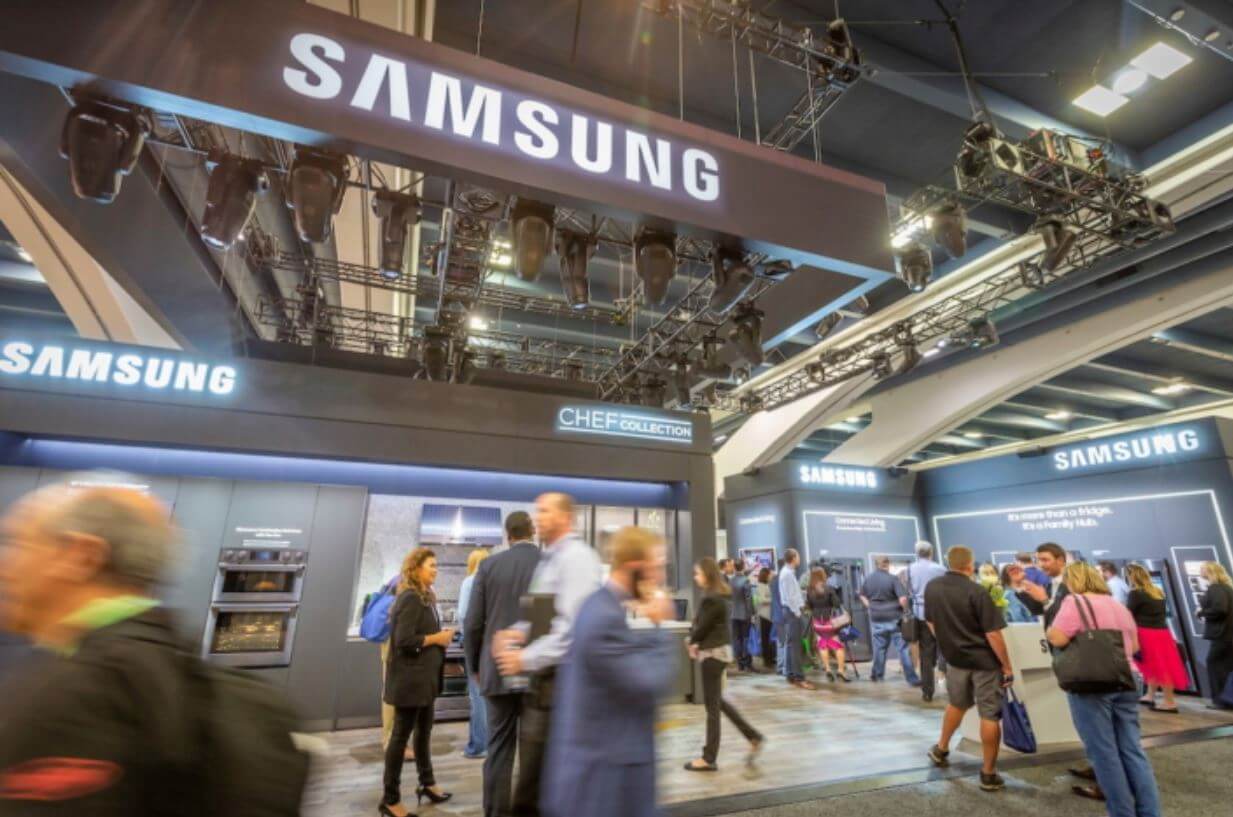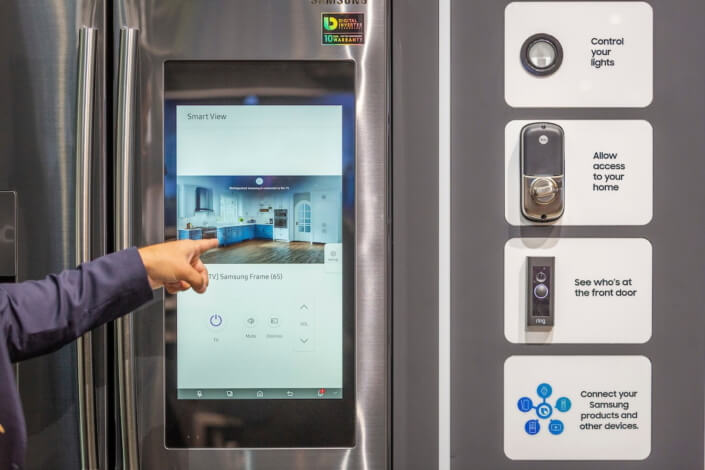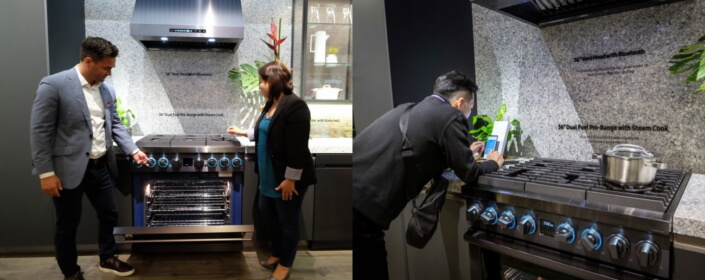Bottom line: Samsung wants to push smart home tech into your kitchen and be at the core of your home controlling each and every electronic device present.

Smart home electronics have continued to rise in popularity as the cost of implementing IoT devices drops. Over the next four years, over 280 million homes will have at least one smart home device in them. Samsung is aiming to put refrigerators and ovens packed full of electronics into your kitchen.
At the Pacific Coast Builders Conference in San Francisco, Samsung showed off appliances from its Chef and Dacor's Modernist Collection. After getting past the flair of live cooking demonstrations, it is clear that Samsung is making a push to be at the center of smart home installations.
Inside the door of the Family Hub refrigerator lies a 21.5 inch touchscreen. The interface is meant to act as a control system for all of your other smart home devices. Instead of mounting a tablet somewhere else, Samsung wants it in your kitchen in their refrigerator.

Should you need to stop watching your favorite shows in the living room to go have dinner, content can be mirrored to the Family Hub's screen. Integrated Wi-Fi and Bluetooth allow for connectivity to lighting, door locks, Ring video doorbells, and other IoT products.
All ovens on display were 36-inch models with options for gas and induction burners. A "virtual flame" feature on induction models is used to display temperature and status information since there would otherwise be no visual cues for how hot the surfaces may be.

For more serious chefs, the Flex Duo Oven has a smart divider inside of it that splits the oven into two different compartments. Each segment can have its temperature set independently so that multiple dishes can be cooked at once at different temperatures. Although this is likely not a concern for the majority of users, remember that this is a product only likely to be found in luxury homes and apartments.
Smart home technologies can provide many conveniences and benefits to the end users, but at what point does it go too far and no longer become useful? Placing a hub into a refrigerator is actually somewhat logical because of how much time is spent in the kitchen in an average home. However, do you really want to give malicious hackers potential access to an appliance that could burn down your house?
IoT devices still do not have the best track record of security. Samsung is aware of these risks and has implemented safety features to try and prevent hazards, but it is worth considering whether certain products truly need more tech packed into them or not.
https://www.techspot.com/news/75306-samsung-putting-lot-tech-kitchens-whether-you-like.html